Today, Kenya joins the global community in marking the World Radio Day 2017. The day was unanimously proclaimed by all Member States of Unesco in 2011 during 36th General Conference. In 2012, the UN General Assembly endorsed the proclamation of annual World Radio Day on February 13 to coincide with the day United Nations Radio was established in 1946.
The World Radio Day accords global citizens an opportunity to celebrate radio broadcast, improve international cooperation among broadcasters and encourage decision-makers to provide access to information through radio, including community radios.
In Kenya, the commemorations of the World Radio Day are spearheaded by Kenya National Commission for Unesco, which is focal point and the principal link between the country’s national priorities and the multilateral agenda of Unesco.
Kenya established her radio in 1927, as the second radio broadcast in Africa after the Egyptian radio. This year, the Kenyan radio is 90 years old, thus the country can be regarded as a global pioneer in radio broadcasting. It is a time to commemorate such a historic milestone while reflecting on this extraordinary mass medium and its potential in national building and sustainable development.
Radio remains one of the most popular mass media reaching the widest audience in the world. It is also recognised as a powerful communication tool and a low cost medium. Radio is specifically suited to reach remote communities and vulnerable people irrespective of developmental or geographical divide.
Today is, therefore, a day to celebrate radio as a medium of communication, to improve global cooperation between broadcasters and to encourage major networks and community radios alike to promote access to information, freedom of expression and gender equality over the airwaves.
Each year, the day has different themes such as gender equality and women’s empowerment, youth, and Radio in Times of Emergency and Disaster. This year Unesco and its partners have agreed to bring all these themes together under the theme of public participation with the tagline “Radio is You!”
Radio is a powerful vehicle which we can use to enhance peace as we prepare for General Election This is meant encourage radio stations around the world to be the best radio stations they can be by ensuring they have continued dialogue with the industry, its audience and the public in general. The aim is to have the conditions that create great programming – in addition to entertainment and information, find creative ways to promote freedom of expression and address the key issues of today in local communities and across the globe.
In the rural areas radio is ‘king’ as it sets the agenda and plays a significant role at the grassroots level for rural development. For instance, issues of poverty, agriculture, health, gender inequality, education, good governance and social problems, among others are often the focus for programming. It has been established through research that rural radio is effective in improving the sharing of information. Radio, in this regard, provides a set of participatory opportunities that support community needs by using local languages to communicate directly among the locals.
[crp]
Radio remains the most dynamic, reactive and engaging medium, adapting to 21st century changes and offering new ways to interact. Where social media and audience fragmentation can put us in media bubbles of like-minded people, radio is uniquely positioned to bring communities together and foster positive dialogue for change.
Singularly, radio is a potential catalyst towards the realisation of a number of sustainable development goals by sensitising the public on the SDGs. In addition, radio is a powerful vehicle which we can use to enhance peace in the country, especially as we prepare for the General Election. Radio has the power to drive the conversations with listeners. It informs us and transforms us, through entertainment, information and audience participation. Having a radio means you are never alone— you always have a friend in radio.

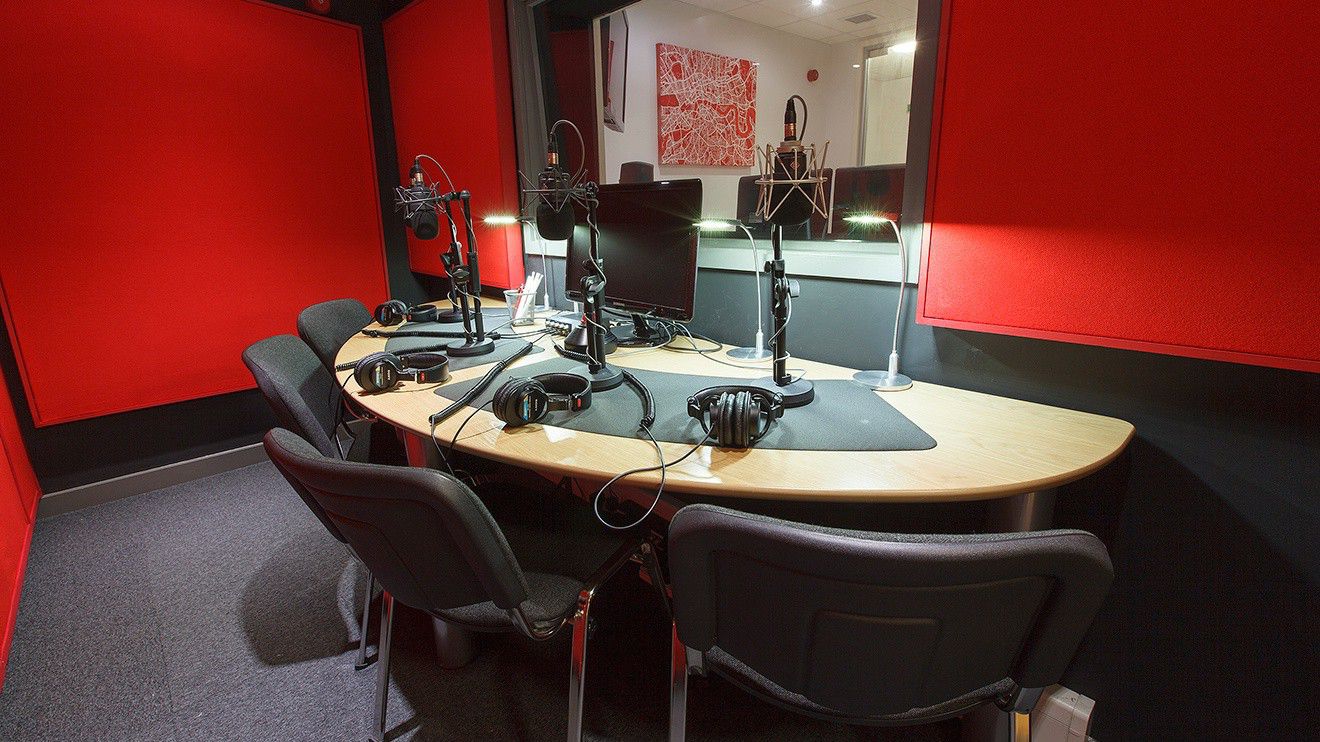

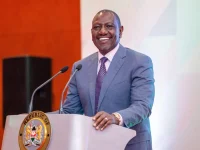
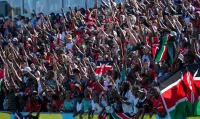


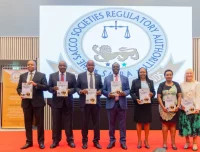










































![Pula Co-Founders and Co-CEOs, Rose Goslinga & Thomas Njeru. Pula provides agricultural insurance and digital products to help smallholder farmers manage climate risks, improve farming practices and increase their incomes. [ Photo / Courtesy ]](https://businesstoday.co.ke/wp-content/uploads/2021/01/Pula-Co-Founders-and-Co-CEOs-Thomas-Njeru-Rose-Goslinga.jpg)

























































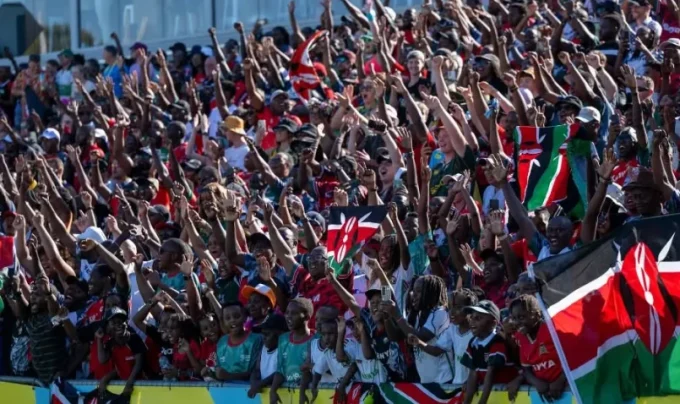

Leave a comment